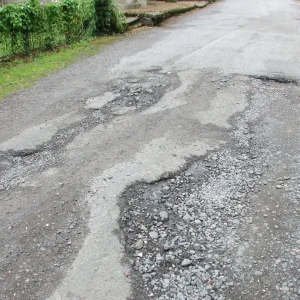Brake is renewing calls for a zero tolerance drink drive limit of 20mg alcohol per 100ml of blood in the run up to the Christmas period with its “not a drop, not a drag” campaign.
The new campaign coincides with the start of the Association of Chief Police Officers’ and Police Scotland’s annual drink and drug driving enforcement campaign which will see an increase in checks to catch drink drivers.
Brake says the call for zero tolerance has been given renewed impetus as a new, lower drink drive limit comes into force in Scotland, from 5 December.
The Scottish Government will introduce a lower limit of 50mg of alcohol per 100ml of blood and has begun a multi-media campaign to raise awareness of the new law.
The rest of the UK retains a 80mg limit – higher than all other EU countries except Malta.
Latest available figures, from 2012, show that 230 people were killed (one in eight road deaths) and 1210 were seriously injured in crashes involving someone over the limit.
It’s estimated a further 65 deaths are caused annually by drivers who have been drinking but are under the limit. Drug driving is estimated to cause 200 deaths each year.
Julie Townsend, deputy chief executive, Brake, said: “As a charity that supports bereaved and injured road crash victims, we witness the suffering that drink and drug driving inflict, and appeal to everyone to help put a stop to it.
“Drink and drug driving deaths and injuries are cruel and needless, ending and ruining lives and leaving traumatised families to pick up the pieces. If you’re driving home from celebrations this festive season, it’s vital you take your responsibility for people’s safety seriously, and stay completely off booze and drugs. It’s a fact that even small amounts of alcohol or drugs increase your risk of crashing.
?”We are calling on the UK government to take action on drink driving. We have the highest drink-drive limit in Europe, sending out the dreadful message that a drink or two before driving is acceptable. We welcome the new lower limit in Scotland as a positive stepping stone towards zero tolerance. The evidence shows that a tough approach helps prevent casualties.”





